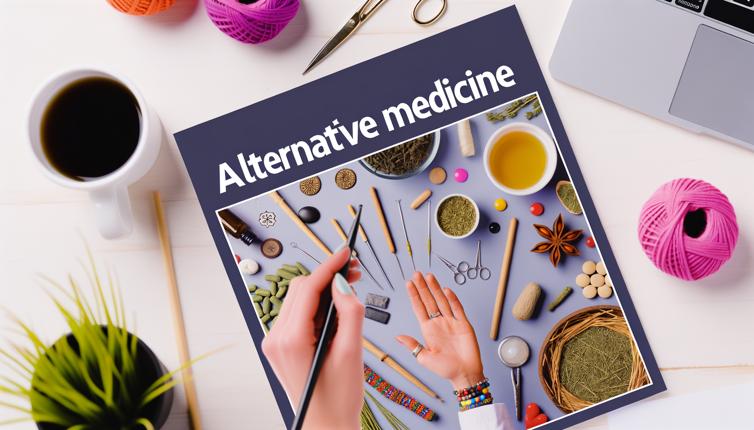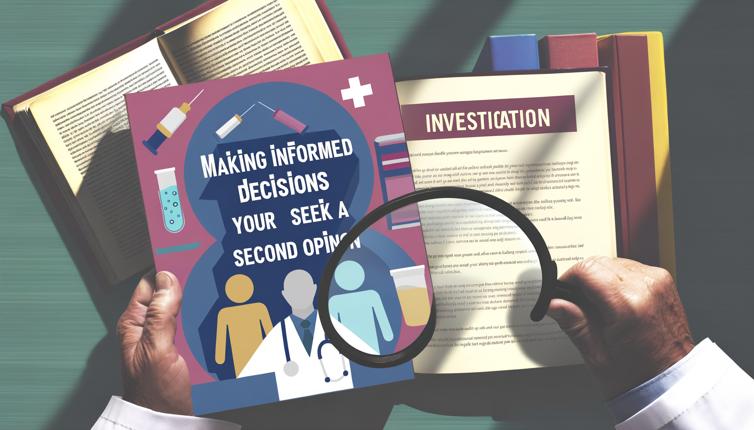Research and Education
One of the first steps in navigating the world of alternative medicine is to educate oneself. With a multitude of alternative practices and treatments available, it is important to research and understand the different options before making any decisions.,Look for reputable sources of information such as scientific journals, established alternative medicine organizations, and trusted healthcare professionals.,Attend workshops, conferences, and seminars to gain a deeper understanding of specific alternative practices and treatments.,Seek out educational resources such as books, documentaries, and online courses to further expand your knowledge.,Remember that education is an ongoing process. Stay up to date with the latest developments and research in the field of alternative medicine.
Communication and Collaboration
Open and honest communication between patients and practitioners is crucial when navigating the world of alternative medicine.,Patients should clearly communicate their medical history, current symptoms, and any previous experiences with alternative treatments to their practitioners.,Practitioners should listen attentively to their patients, ask relevant questions, and provide clear explanations of the recommended treatments.,Collaborate with healthcare professionals from different backgrounds to create a comprehensive healthcare plan that integrates both conventional and alternative treatments.,Consider seeking a second opinion if you have any doubts or concerns about a recommended treatment.
Safety and Regulation
Ensuring the safety and quality of alternative medicine practices and treatments is essential.,Research and verify the credentials and qualifications of alternative medicine practitioners.,Ask about the safety and potential side effects of any recommended treatments.,Be cautious of alternative medicine practices and treatments that make lofty claims or promise quick and miraculous results.,Consult with conventional healthcare professionals to ensure that there are no contraindications or interactions between alternative and conventional treatments.
Conclusion
By following these tips, both patients and practitioners can navigate the world of alternative medicine with confidence and make informed decisions about their healthcare. Remember that each individual is unique, and what works for one person may not work for another. It is important to approach alternative medicine with an open mind and a critical eye, while also prioritizing safety and collaboration with conventional healthcare professionals.








